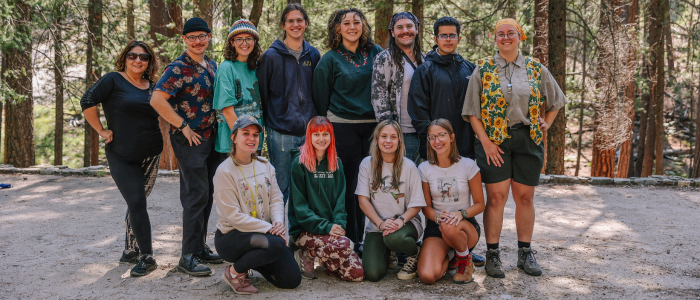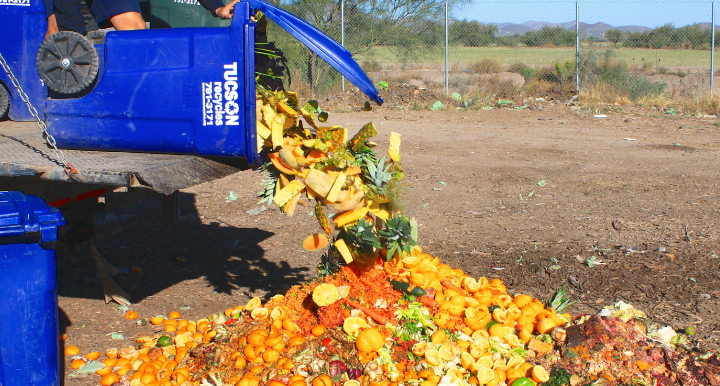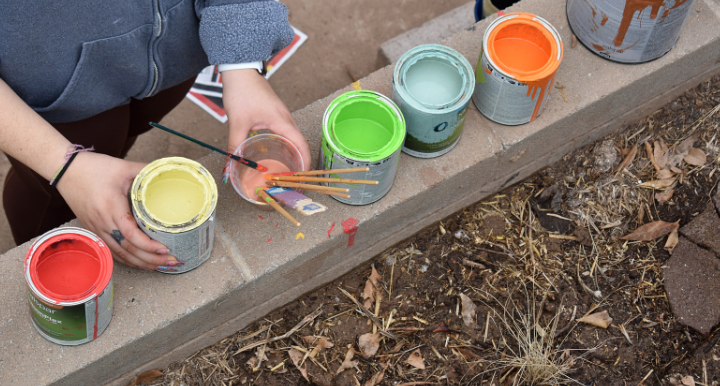Our Programs
Compost Cats transforms organic waste into nutrient-rich compost, advancing waste diversion, climate action, and food security. Through advocacy, community engagement, and environmental stewardship, we provide free composting services, training, and resources to empower the Tucson and university communities in creating a more sustainable future. By leading these hands-on efforts, our student employees gain real-world experience and develop career-ready skills.
Student Employment

Compost Cats student employees are afforded unparalleled experiential learning and professional development opportunities. Students collaborate through innovative partnerships with local non-profits, government agencies, and other entities. Compost Cats students serve as ambassadors for service, engagement, and collaborative leadership in and around the Southwest.
Compost Cats has employed more than 150 students over the last 10+ years; all of whom have been critical to our program’s foundation and further development. Our student employees have made Compost Cats an innovative, productive, essential workplace, and a valued community organization providing a household composting service for Tucson residents and working with the city to provide composting services for businesses within the city of Tucson



